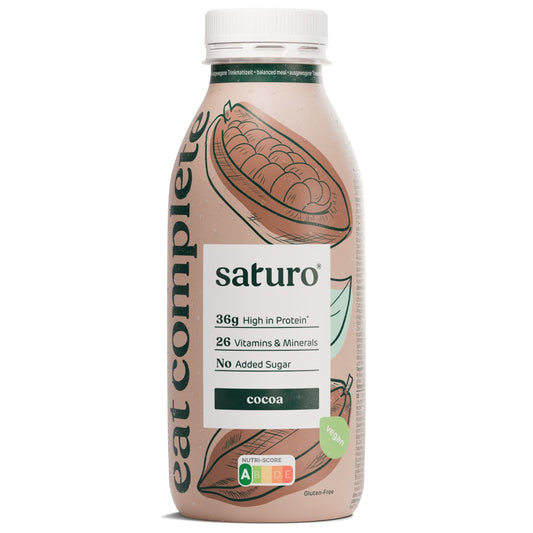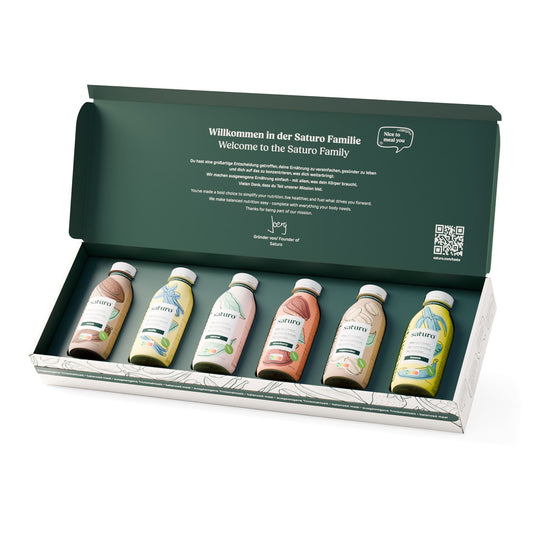Contents
1
Types of tonsillitis and their causes
Acute viral tonsillitis
Acute bacterial tonsillitis
Chronic tonsillitis
2
Symptoms of tonsillitis
Symptoms of acute bacterial inflammation
Viral, acute tonsillitis
Chronic tonsillitis
3
When should you see a doctor if you have tonsillitis?
What does the doctor do?
4
What helps? How tonsillitis is treated!
Antibiotics for acute bacterial tonsillitis
With acute viral tonsillitis, the only thing that helps is to wait and see
Tonsillectomy for chronic tonsillitis
Relieve the symptoms of tonsillitis (acute, viral or chronic)
5
Tonsillitis - What to eat?
Ice cream for tonsillitis - an unhealthy tradition
Gentle nutrition for tonsillitis with drinking meals





